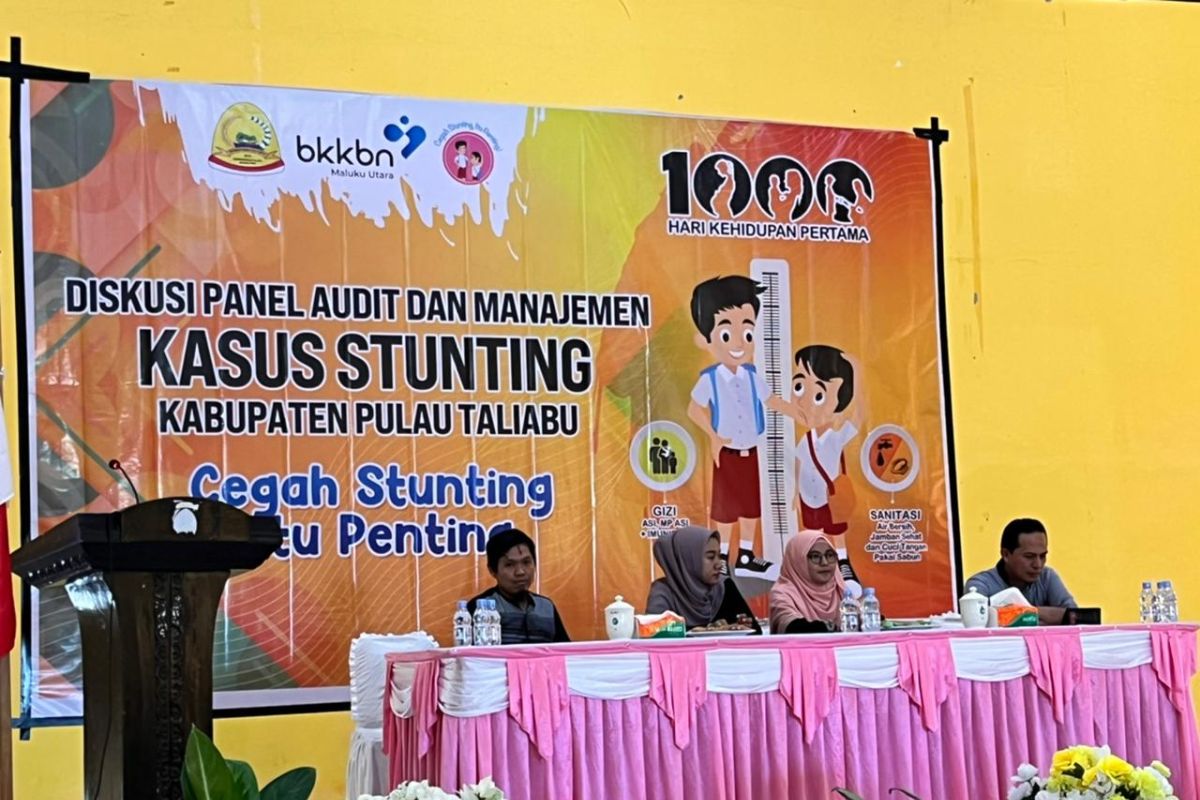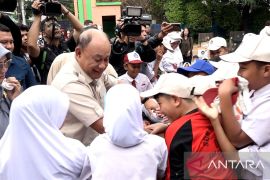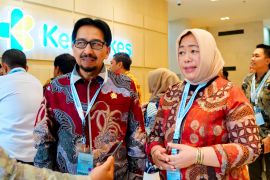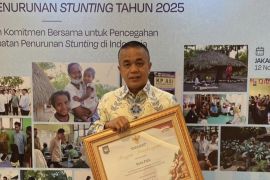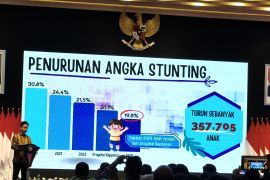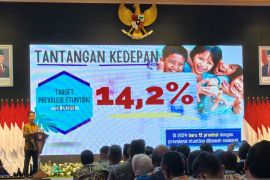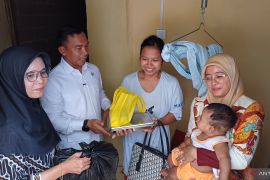"I hope all stakeholders involved have a commitment to follow up on what has been recommended in the stunting case audit discussion, so that there will be a continuity," Head of the BKKBN-North Maluku Office Renta Rego said in a statement here Sunday.
Rego said Talibau Island District is one of the regions facing the geography and education-related challenges. Based on the results of the Indonesia Nutrition Status Study (SSGI) in 2021, the prevalence of stunting of infants in the district was recorded at 35.2 percent.
As recorded in the 2021 Family Data Collection, there were 14,638 families living in Taliabu Island District. This year, some 9,654 families or 65 percent of the14, 638 families are found to have children with potentially stunted growth.
The long distance from the capital city, coupled with a relatively steep height and formation of hills and mountains ranging from 250 meters to 1,388 meters above the sea level have caused serious difficulties for the district's residents to build proper sanitation facilities.
As a result, some 1,901 families do not have proper main sources of drinking water, while 3,730 families do not have proper latrines, and as many as 6,464 families do not have decent houses.
"Basically, there is no limiting factor for developing areas of the island district. However, in terms of building sanitation, topographic factors have affected the technological options for building sanitation facilities there," she pointed out.
On top of geographical conditions, the magnitude of the risks of stunting is greater since the pre-prosperity indicator showed that some 703 children, aged 7-15 years old, do not go to school. Moreover, some 805 families do not have a source of income to meet their monthly basic needs.
The findings are supported by data of North Maluku's Statistics Indonesia revealing that in 2021, some 58,744 residents of Taliabu Island were expected to have a poverty severity index of 10 percent.
The agency has conducted an audit of stunting cases as a follow up on the issues, which led to policy recommendations in the form of parenting counseling and proper feeding methods for mothers and toddlers, as well as improvement for the referral system for Red Flag cases.
"This panel discussion also resulted in study results and recommendations, in the form of overcoming the absence of (good) latrines and poor environmental sanitation, so it is recommended to build family latrines/public restroom facilities and environmental clean-up programs," she concluded.
Related news: Sanitation improvement in slum areas reduces stunting cases: Ministry
Related news: Stunting reduction requires special attention from all stakeholders:
Translator: Hreeloita D S, Mecca Yumna
Editor: Rahmad Nasution
Copyright © ANTARA 2022
